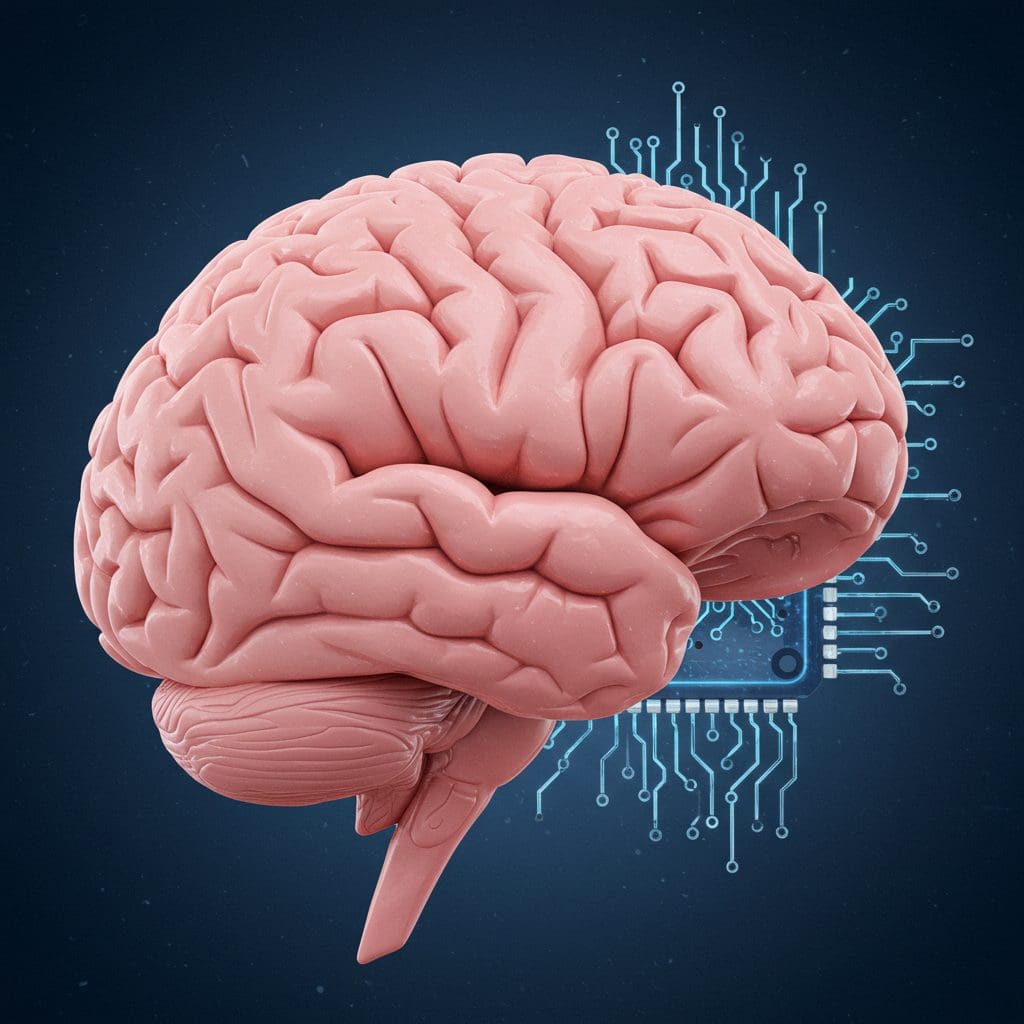The Simons Foundation has committed up to 40 million pounds over ten years to the University of Edinburgh’s Simons Initiative for the Developing Brain (SIDB) to investigate the biological mechanisms underlying neurodevelopmental disorders, including autism, which affects approximately 75 million people globally. Established in 2017, the SIDB, comprising over 40 principal investigators, utilises advanced techniques to examine how genetic variations impact brain development, with recent studies focusing on conditions such as Fragile X syndrome, SYNGAP1 haploinsufficiency, and CDKL5 deficiency disorder. Research has demonstrated improvement in mouse models of Rett syndrome following restoration of the MECP2 gene, leading to an ongoing clinical trial of a gene therapy, while investigations into SYNGAP1 mutations revealed potential therapeutic benefit from guanfacine, an existing medication for attention-deficit/hyperactivity disorder, and are now progressing towards a clinical trial.
Understanding the Biological Basis of Autism
The Simons Initiative for the Developing Brain (SIDB) at the University of Edinburgh is undertaking research to elucidate the biological mechanisms underlying autism and related neurodevelopmental disorders, supported by a £40 million, ten-year investment from the Simons Foundation. This research focuses on how alterations in DNA contribute to changes in brain development, impacting approximately 75 million people globally who are affected by autism. Investigations extend beyond isolated instances of autism, recognising that single-gene causes often present with co-occurring conditions such as epilepsy, sleep disorders, intellectual disability, and mental health problems.
Researchers are examining how variations in brain wiring affect information processing, ultimately influencing cognitive and social abilities. Studies on SYNGAP1 gene mutations, for example, reveal that these alterations impede the brain’s capacity to process visual information, leading to difficulties in distinguishing patterns and requiring increased repetition for learning, as demonstrated in mouse models. This has prompted investigation into the potential of guanfacine, an existing medication for Attention Deficit Hyperactivity Disorder (ADHD), as a therapeutic intervention, with a clinical trial currently under development. Furthermore, the initiative’s prior success with Rett syndrome – a neurological disorder sharing similarities with autism – demonstrated that restoring the MECP2 gene in mice could ameliorate even advanced symptoms, challenging the conventional view that effective treatment is limited to early developmental stages, and leading to a gene therapy now in clinical trials. This article highlights the SIDB’s commitment to fundamental research as a pathway to improved therapeutic options for these complex neurodevelopmental conditions.
Future Research and Clinical Trials
The sustained investment from the Simons Foundation will facilitate continued fundamental research into the biological underpinnings of neurodevelopmental disorders, with the ultimate aim of identifying and developing novel therapeutic strategies. Building upon existing work, researchers will further investigate the impact of specific gene mutations – including those related to Fragile X syndrome (FXS), SYNGAP1 haploinsufficiency, and CDKL5 deficiency disorder – on brain development and function. Current studies focus on understanding how alterations in brain wiring affect information processing capabilities, a key determinant of intellectual and social abilities.
A clinical trial is presently being developed to assess the efficacy of guanfacine – a medication already approved for the treatment of ADHD – in individuals with conditions related to SYNGAP1 mutations. Preclinical research utilising mouse models demonstrated that these mutations impair visual pattern recognition and necessitate increased repetition for learning, suggesting a potential ameliorative effect of guanfacine. Simultaneously, the ongoing clinical trial evaluating a gene therapy for Rett syndrome – prompted by successful preclinical results demonstrating restoration of the MECP2 gene in mice – continues to assess the therapy’s effectiveness, even at low doses. This trial is particularly significant as it challenges the established paradigm that therapeutic intervention must occur early in development to be effective. The initiative’s long-term commitment, as evidenced by the ten-year funding pledge, will enable comprehensive investigation and facilitate translation of basic research findings into clinical applications, potentially benefiting a substantial proportion of the 75 million people worldwide affected by autism.
